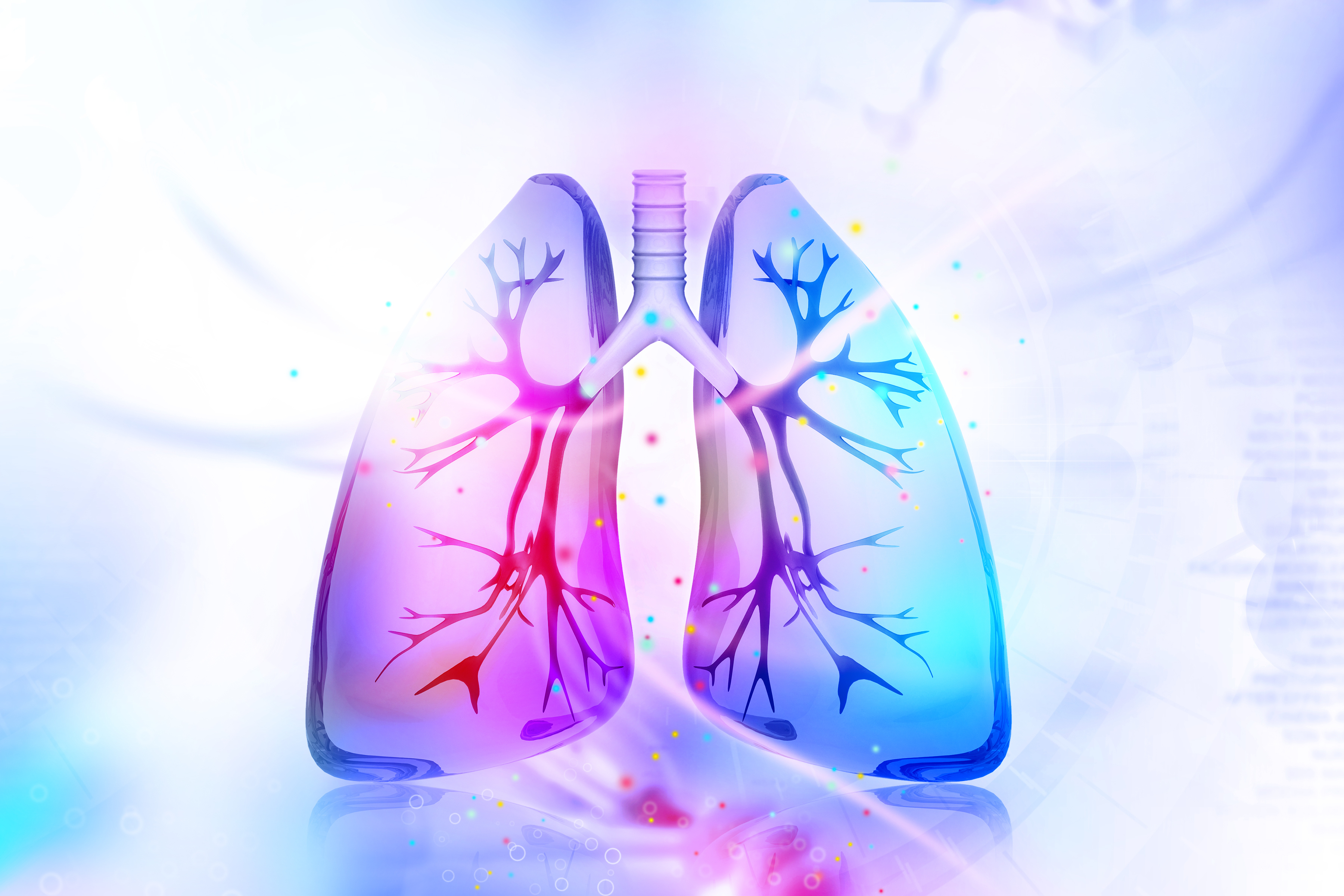CF Patients with Specific Mutations Can Be Treated with a 2-Drug Combination, Research Finds
Written by |

European researchers reported that a combination of two drugs, cysteamine and epigallocatechin gallate (EGCG), may be used to treat cystic fibrosis (CF) patients with specific mutations. The report, “A novel treatment of cystic fibrosis acting on-target: cysteamine plus epigallocatechin gallate for the autophagy-dependent rescue of class II-mutated CFTR,“ appeared on April 1, 2016, in the journal Cell Death and Differentiation.
CF is one of the most commonly occurring chronic diseases of the lungs in children and young adults. Breathing is often difficult for CF patients, due to a sticky mucus that builds up in the lungs and often leads to serious bacterial lung infections. Mutations in the CFTR gene are the major cause of this mucus buildup.
Scientists have identified over 2,000 mutations in the CFTR gene that are associated with the disease, which normally presents in patients at birth. CFTR, which stands for cystic fibrosis transmembrane conductance regulator, helps shuttle chloride ions in and out of cells, balancing salt and water in the cells that line the lungs.
While most treatments for CF focus on repairing the CFTR itself, the two-drug combination known as EGCG appears to act differently, by mobilizing naturally occurring proteins — called the proteostasis network — that can repair the CFTR .
The research group had previously found that EGCG improved the function of the CFTR in CF patients with a specific mutation, known as CFTR Phe508del. Now, the researchers wanted to further understand how the drug combination works, by studying it in a mouse model of CF, as well as in cells taken from CF patients’ nasal passage. The team also examined the effectiveness of EGCG in 52 patients with CF in a Phase 2 clinical trial.
In both mice and humans who have no available CFTR protein, researchers found the medication is not effective. However, EGCG works to alleviate CF symptoms in those mice and humans with mutations that only partially damage the CFTR gene. EGCG improved respiration and reduced signs of inflammation in specific patients, notably those with one or two Phe508del CFTR mutations, but not other mutations.
In their study report, the investigators concluded, “The data provide the first evidence that targeting the abnormal proteostasis network results in CFTR repair coupled to clinical benefit in CF patients bearing at least one copy of class II CFTR mutation, including F508del, whereas it is not effective in subjects carrying two class I mutations.”
The medication combination may be useful for people with CF who have specific CFTR mutations, but researchers noted that further work is needed, saying, “These results should spur the further clinical development of the combination treatment.”






